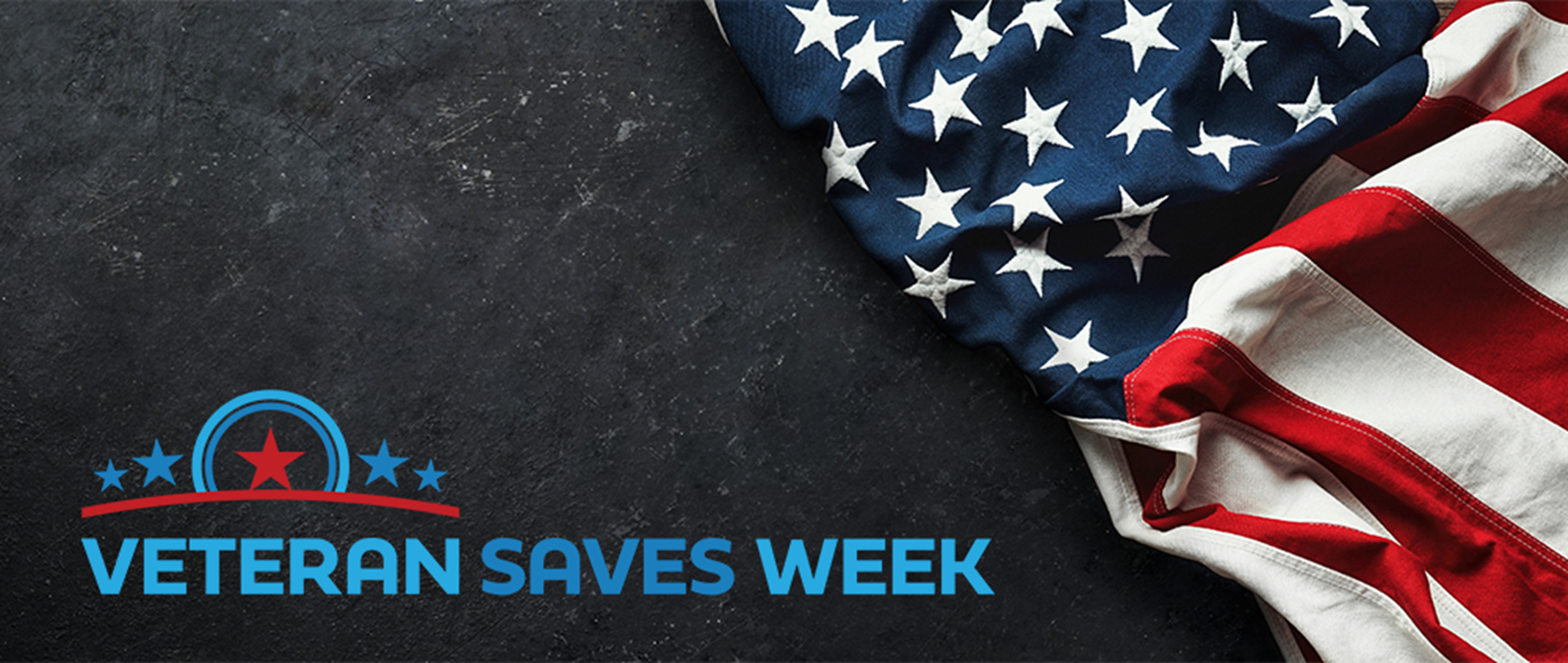Blog
5 Career Ideas for Military Veterans

Ah, the DD 214 — this document is a right of passage for all servicemembers whether you’ve been discharged, separated, or fully retired from active duty. Some Veterans exit the military on their terms after years of service, while others may need to seek a civilian career after an unexpected medical discharge that alters their family’s master plan.
As a Veteran transitioning from military to civilian life, you deserve a career that utilizes your unique skills and experiences and provides fulfillment and stability. At AAFMAA Wealth Management & Trust LLC (AWM&T), we focus on financial readiness, and an important component is finding the right career path after your military service.
Best Careers for Military Veterans
Military service provides both niche and sought-after career skills that translate seamlessly into the civilian sector. Here’s a list of five career ideas tailored specifically for military Veterans, along with tips on how to tailor your career search effectively. Keep in mind, if you don’t hold an advanced degree, the GI Bill allows you to train in your field of choice at little to no cost.
- Law Enforcement
Your military training has equipped you with valuable skills such as leadership, discipline, and problem-solving abilities — all of which are highly sought after in law enforcement careers. Law enforcement also provides a team environment with a shared mission of serving and protecting, so it’s a natural choice for many military Veterans. On a local level, you can choose to work as a police officer or detective, but keep in mind there are numerous opportunities for you to apply your skills on a federal level. These include a Border Patrol Officer, Secret Service Agent, FBI Special Agent, or a Public Information Officer. A career in law enforcement will allow you to continue making a significant impact. If you choose a high-tempo role that may continue to place you in danger, be sure to have a serious discussion with your spouse about the continued inherent risks in your new career.
- Medical
With experience in fields such as combat medicine or logistics, Veterans often find success in the healthcare industry. Roles such as paramedics, nurses, physician assistants, or healthcare administrators can be a natural fit for those who are accustomed to working under pressure and in fast-paced environments. Keep in mind that although these jobs may provide the adrenaline rush you miss from your time in the military, the work hours can be long, arduous, and change from week to week. Consider your family’s desired lifestyle if you’re looking into emergency services in particular.
- Cybersecurity
In today's digital age, cybersecurity has become increasingly vital. Veterans with backgrounds in IT, communications, or intelligence can excel in roles such as cybersecurity analysts, network administrators, or information security consultants. Your ability to think critically and adapt quickly to new technologies will be highly valued in this field. Veterans with security clearances are specifically sought after. The average TOP SECRET security clearance costs between $3,000 and $15,000, so be sure to highlight your clearance to a potential employer or specifically search for opportunities on sites like ClearanceJobs.com.
- Engineering
Military service often involves working with complex machinery and technology. Transitioning into a career in engineering — whether it's civil, mechanical, electrical, or software engineering — allows you to leverage your technical expertise and problem-solving skills. Your attention to detail and ability to work in teams make you an asset in various engineering roles. Oftentimes, engineering firms are located in the vicinity of military bases, meaning if you want to retire in an area that will still grant you on-base privileges such as a Commissary or PX/BX, this is an added incentive.
- Education
Many Veterans find fulfillment in passing on their knowledge and skills to the next generation. Whether you choose to become a teacher, instructor, or vocational trainer, your experience in leadership and mentorship can positively impact students of all ages. Pursuing a career in education allows you to continue serving your community while shaping the future.
How to Tailor Your Job Search Post-Military
- Assess Your Strengths and Goals
Take the time to reflect on your strengths, interests, and career goals. Consider what type of work environment and industry align best with your values and aspirations.
- Translate Your Military Experience
Translate your military experience into civilian terms that employers can understand. Highlight transferable skills such as leadership, teamwork, problem-solving, working under pressure, efficiency, and adaptability on your resume and during interviews.
- Network and Connect
Networking is crucial in the job search process. Attend career fairs, join professional organizations, and connect with fellow Veterans and industry professionals through online platforms like LinkedIn.
- Leverage Your Resources and Support
Take advantage of resources and support programs available to Veterans, such as job placement services, resume workshops, and transition assistance programs. Organizations such as AWM&T can provide guidance and financial planning services to support your career transition.
- Prepare for Interviews and Follow-ups
Practice interviewing techniques and prepare compelling stories that demonstrate your skills and experiences. Prepare a 20- to 30-second elevator pitch of who you are, what your background is, and what you’re seeking in a civilian career. Ask for assistance in writing a resume and get fresh eyes on it for feedback and refinement. Follow up with thank-you notes after interviews to express your appreciation and reiterate your interest in the position. If you don’t land the first job, reflect on what you might change in your next application, and view it as a learning and growth opportunity, much like with a military training exercise.
- Talk with Experts
Seek advice from career counselors, mentors, and industry experts who can offer valuable insights and guidance based on their experiences. Don't hesitate to reach out to professionals in your desired field for informational interviews.
Team Up with AWM&T’s Military Financial Professionals
Your military service has equipped you with valuable skills and experiences that can make a significant impact in various industries. With the right guidance and support, you can embark on a successful civilian career path that honors your past while building a bright future.
At AWM&T, we are committed to supporting Veterans and their families in achieving their financial goals. Contact us today at 910-307-3500 or click here to learn more about how we can help you navigate your finances post-military.
About Us
Founded in 2012, AAFMAA Wealth Management & Trust LLC (AWM&T) was created to meet the distinct financial needs of military families. We proudly deliver experienced, trustworthy financial planning, investment management, and trust administration services – all designed to promote lasting security and independence.
We are proud to share the mission, vision, and values of Armed Forces Mutual, our parent company. We consistently build on the Association’s rich history and tradition to provide our Members with a source of compassion, trust, and protection. At AWM&T, we are committed to serving as your trusted fiduciary, always putting your best interests first. Through Armed Forces Mutual's legacy and our financial guidance, we provide personalized wealth management solutions to military families across generations.
Get In Touch!
Schedule a consultation with one of our expert financial planners today, and let's hit the fast-track to success!
Schedule A Consultation




